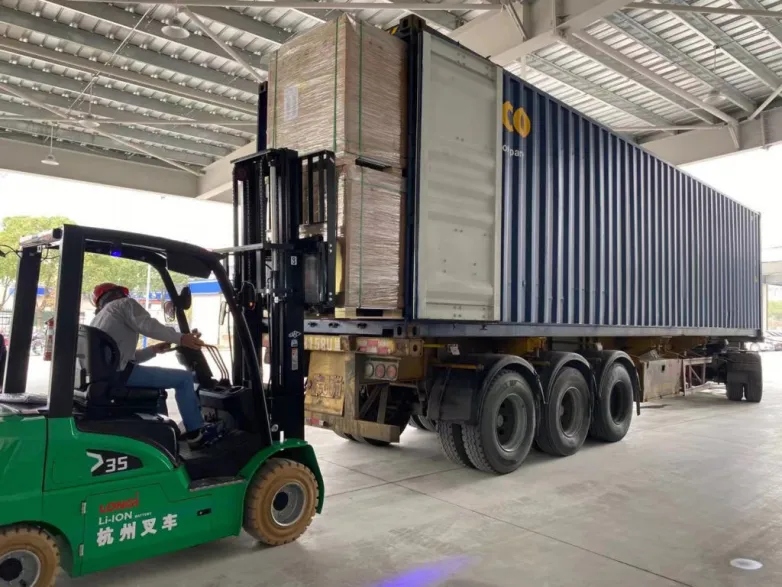Module prices to continue to be raised for 18 months at least as international demand skyrockets
- Module prices are to remain elevated for the next 18 months at the very least, with any added manufacturing capacity readied to be swiftly ingested by rising need and also capacity addition outside of China considered high-risk, Finlay Colville, head of marketing research at Solar Media, has actually stated.

Speaking at the Solar Finance as well as Investment Europe (SFIE) event in London, organised by PV Tech publisher Solar Media, Colville claimed the need for solar modules has boosted beyond recognition in the past year and also particularly because the COP26 climate seminar in Glasgow in November.
"I have actually never seen such a large modification in a 12-month duration," claimed Colville, adding that anywhere was currently combating to obtain access to a restricted supply of modules.
He claimed demand for modules is about 25-30% greater than what the market can provide and that approximately 30% of modules generated today never ever leave China, suggesting the remainder of the world is vying for the continuing to be 70%.
Polysilicon production remains a noticeable bottleneck. For the past 18 months, as need for modules and subsequently polysilicon surged, producers were not able to sufficiently enhance manufacturing capacity to fulfill that demand. This was worsened by natural events and also power restrictions reducing manufacturing in China.
The outcome, claimed Colville, was that China's polysilicon producers were able to significantly up their costs, taping increases to gross operating profits of up to 70%.
China's solar manufacturing industry has actually limited upright combination, stated Colville, with cell, wafer and also module producers siloed, meaning the polysilicon manufacturers had the ability to accumulate massive profits.
While the Chinese government can action in to address the inequality as well as make polysilicon manufacturers drop their prices, this might simply have the impact of dispersing those profits along China's PV value chain, without impact on the final price of modules, noted Colville.
As well as reports of polysilicon capacity enhances pushing down the costs of modules is not mosting likely to happen, he stated, offered the consistent high need for modules.
While some polysilicon manufacturers have added considerably more capacity given that last year, this will get mopped up by massive global need as countries ramp up solar implementation according to the COP26 pledges.
All new build polysilicon facilities, on the other hand, take around 18 months to come online, said Colville, implying a prolonged wait as well as no short-term influence on module costs.
For the very same reason, it is unlikely to see new production facilities open beyond China. The 18-month delay, large capex expenses as well as power intensiveness for brand-new polysilicon manufacturing facilities is a significant risk for programmers, claimed Colville. From the time it requires to develop the center, costs could collapse or China might value the new entrant out of the market, causing a day one loss, he described.
In addition, the volume of these capacity additions are small about China's production possibility and also will certainly have little to no influence on the final price of modules for designers.
At the same time, the war in Ukraine may additionally create a higher pressure on module prices, claimed Colville. Higher demand for modules to increase renewables release as well as the discouraging off of Russian gas in Europe could rise prices. As too can the enhanced product costs that have actually been brought about by the conflict.
Basically, Colville's message to delegates at SFIE was not to anticipate modules costs ahead down for a minimum of 18 months, if not 2 years. In the short-term they could also go up but there will certainly not be any kind of material adjustment in costs for time yet.
Also read

